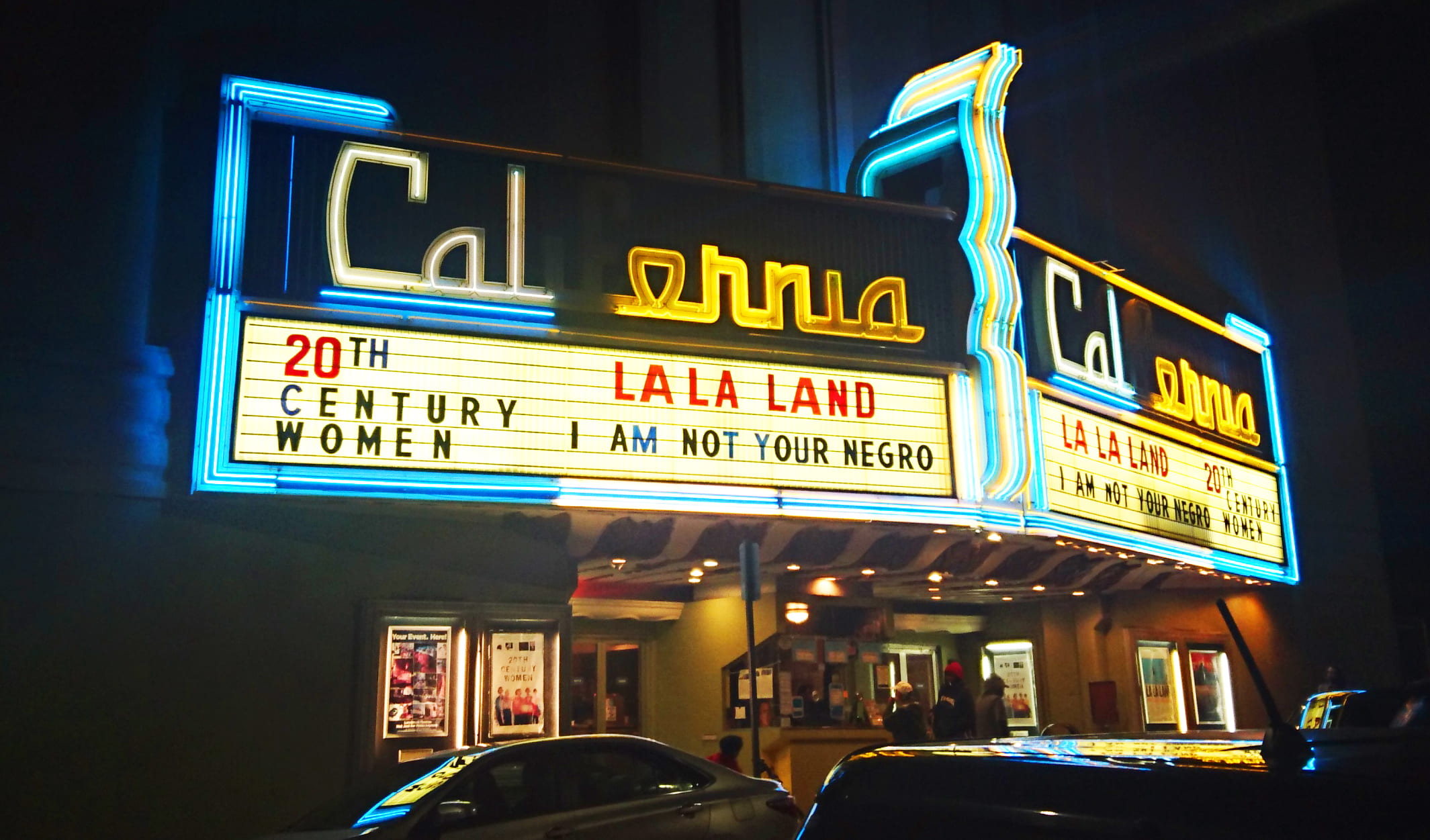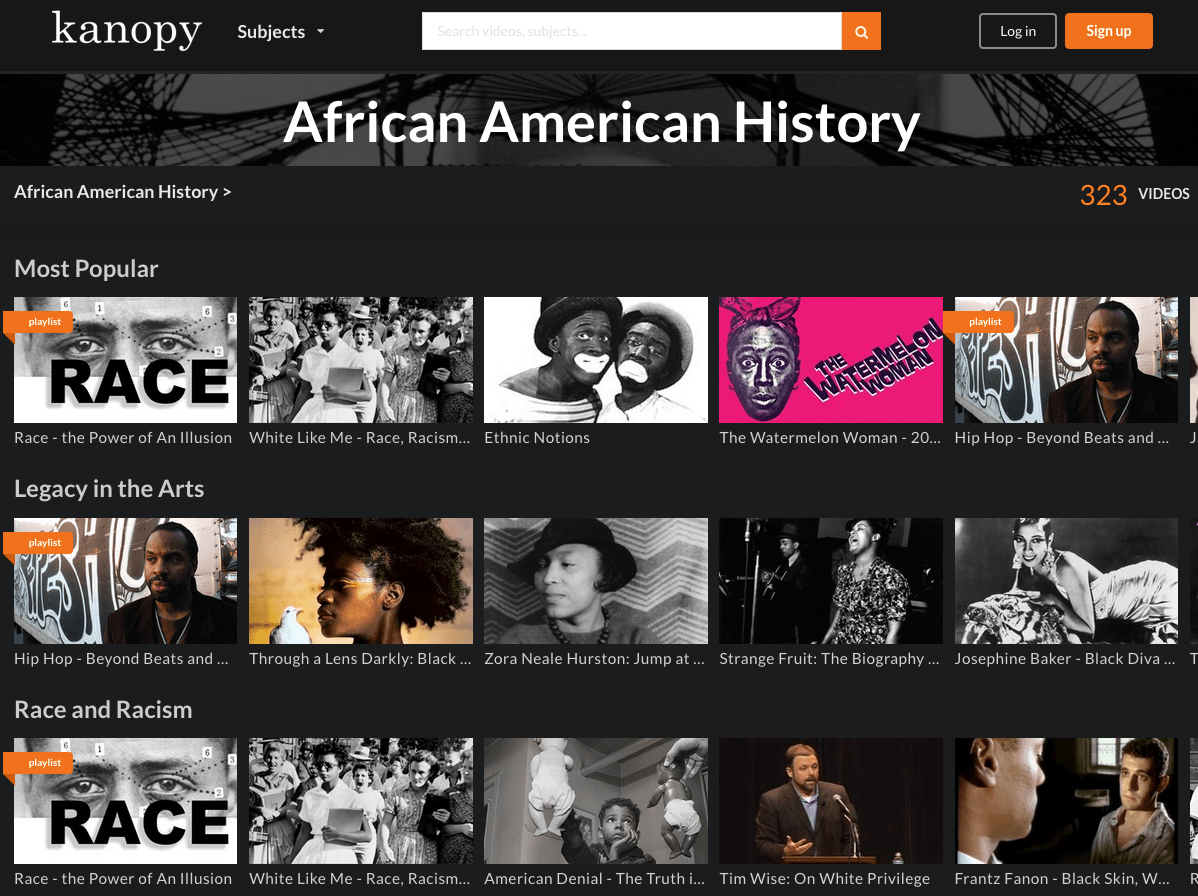The 2017 Oscars aired on Sunday, February 26th, and this year’s nominations set records for Oscar history, and this year’s winners likewise set records for Oscar history. After listening to the Code Switch podcast Oscars So Black… At Least, In Documentaries, I was interested in researching the changes sparked by the #OscarsSoWhite backlash during last year’s Academy Awards.
In 2016 the announcement of the Academy’s Oscar nominees sparked the hashtag #OscarsSoWhite in response to the fact that all the actors nominated in the top four categories were white. This hashtag was meant to highlight the lack of diversity in film, along with the lack of recognition for actors, directors, and producers of color.
In response to the backlash and protests, the Academy governing board made some changes to the voting process in order to address the issue of the lack of diversity. The changes included a pledge to double female and people of color members by 2020, along with a change in the voting privilege of those who are no longer active in the industry. Members will be able to vote for 10 years and are able to renew their voting rights if they remain active in the film industry. Those who renew their membership three consecutive times will be granted lifetime voting privileges.
This year’s nominations suggest that the Academy listened to the discussions about the lack of diversity in acting nominations. In this cycle, six black actors and actresses were nominated, marking the highest number of black nominees in a single year in Oscar history. Also for the first time at least one black actor or actress is nominated in each of the four acting categories.
Also, four out of the five documentaries nominated for the category Feature Documentary were made by African American directors, featuring subject matter about African Americans. These films include 13th, I Am Not Your Negro, O.J. Made in America (which won in the category), and Life, Animated.
I set out on a mission to watch all of these documentaries before the results were announced. The most recent one I watched was I Am Not Your Negro, directed by Raoul Peck. This film completes James Baldwin’s unfinished book where Baldwin tells the story of America through three of his friends who were all assassinated due to their political beliefs and work within the black community. Medgar Evers, Malcolm X, and Martin Luther King, Jr. were all important leaders for the black community during the fight for civil rights. This film, following Baldwin’s unfinished story, explores the construction of race and “blackness” by white America. If you are curious to know more about James Baldwin’s life and works, you can view and request books about him in the library’s catalog.
If you are interested in black documentaries like I am, the library provides access to Kanopy, a database where USF students, faculty, and staff can stream films and documentaries free of charge. February features an African American History section with films of multiple genres and topics.
Here at Gleeson, we congratulate Viola Davis, Mahershala Ali, Tarell Alvin McCraney and Barry Jenkins, Ezra Edelman, and the cast of Moonlight for their Oscar wins!



